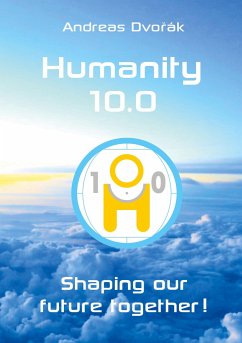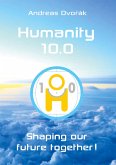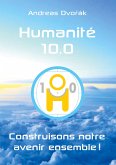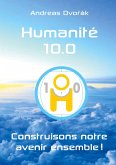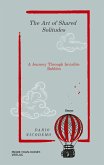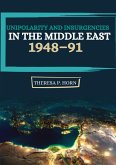Five simple questions save the world.How is that possible given the multitude of major challenges, facing humanity? In fact, there are not even any adequate solutions for environmental and climate protection in place. For other challenges, not even rudimentary concepts exist in our increasingly complex world. Many people feel that tackling everything is an overwhelming task.»Humanity 10.0« addresses these challenges in a perhaps unexpected way. The simple and flexible approach is suitable for getting people on board to collaborate and to work together to overcome the challenges. We can use our existing knowledge and tools to develop societies in a targeted way.»Humanity 10.0« is no utopia, but a concrete concept to ensure the survival of mankind and to improve the living situation of us humans. Examples will be used to illustrate how »Humanity 10.0« operates.Five questions are the basis for the hope-giving future concept of »Humanity 10.0«.Let us start now!
Bitte wählen Sie Ihr Anliegen aus.
Rechnungen
Retourenschein anfordern
Bestellstatus
Storno

